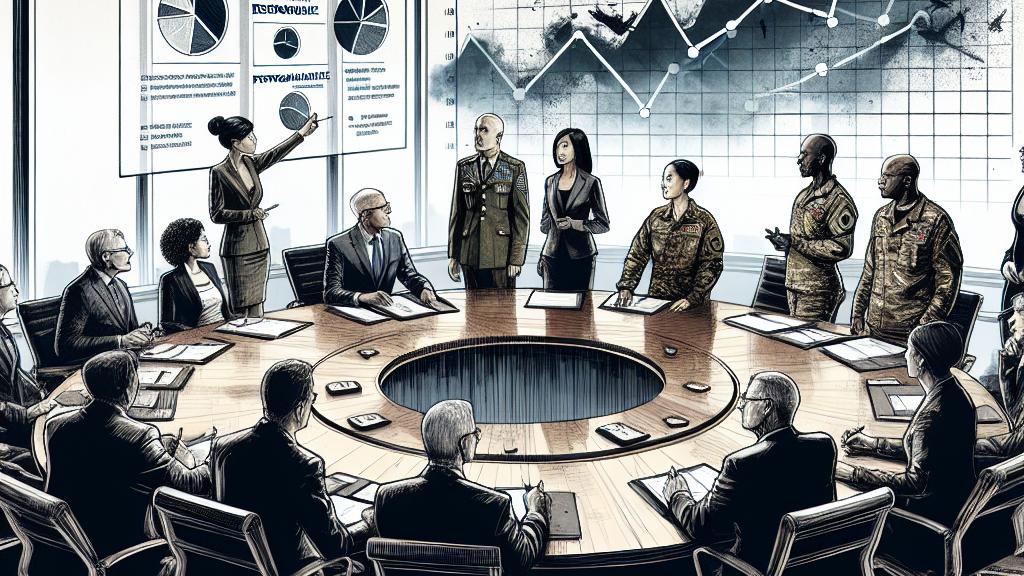Why Military Directors Are Key to CEO Accountability: Surprising Research Findings
Overview
- Military directors significantly enhance CEO accountability in corporate governance.
- Their unique backgrounds promote rigorous standards for executive evaluations.
- The impact varies based on board structure and distinct CEO roles.

The Transformative Power of Military Experience
In today's corporate world, the role of military directors is increasingly recognized for its profound impact on governance. Research from the Strategic Management Society shines a spotlight on how these directors, shaped by their military experiences, foster a culture of accountability that can be a game-changer. Imagine a board grappling with declining performance; when military veterans are part of that team, they bring a sense of discipline and urgency. For instance, they challenge complacency by advocating for tough decisions—like dismissing a failing CEO—reflecting their ingrained belief in accountability and responsibility. This dynamic often leads to discussions that might otherwise not occur and stimulates a shift toward rigorous performance standards in corporate leadership.
Real-World Implications for CEO Dismissals
A thorough analysis of 865 U.S. public firms conducted between 2010 and 2020 provides compelling evidence that military directors significantly influence the frequency of CEO dismissals. The findings are striking: firms with military veterans on their boards tend to act decisively when a CEO fails to deliver results. For example, consider a manufacturing company facing stagnation; military directors on its board were instrumental in calling for strategic changes that included replacing the seasoned yet ineffective CEO with a fresh, dynamic leader. Their bold actions not only signal a shift in corporate governance but also underscore the potential for military backgrounds to reshape decision-making processes profoundly. This strategic infusion of military experience brings a fresh perspective that empowers boards to take swift action, thereby enhancing organizational resilience and accountability.
Navigating Challenges and Future Outlook
Nevertheless, it's crucial to acknowledge some inherent limitations, particularly regarding CEO duality, where the same person occupies both the CEO and board chair roles. In these cases, the positive effects of military directors may wane, leading to a less accountable environment. Therefore, companies seeking to capitalize on the advantages of military directors must strategically assess their governance structures to ensure optimal impact. By establishing a clear separation between the CEO and board chair roles, organizations can create a conducive atmosphere for fostering accountability while maximizing the potential of military directors to drive change. Ultimately, the inclusion of military leaders can catalyze a culture of integrity and responsiveness, enhancing not just corporate fortunes but also restoring trust among stakeholders.

Loading...